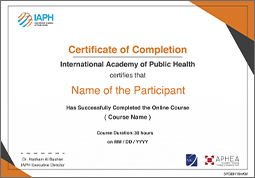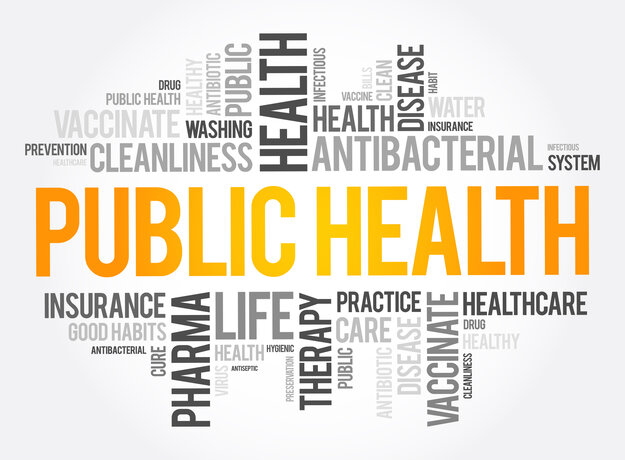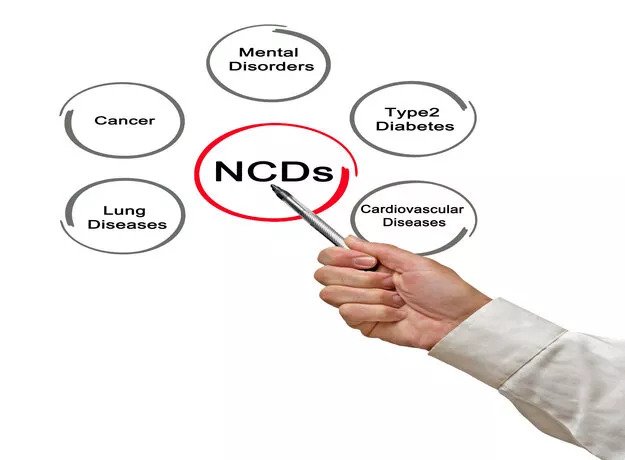Noncommunicable Diseases Epidemiology
As the leading causes of mortality in the world, non-communicable diseases account for about two thirds of all deaths. Most premature deaths from non-communicable diseases are largely preventable by enabling health systems to respond more effectively and equitably to the health care needs of people with non-communicable diseases, and influencing public policies in sectors outside health that tackle four shared modifiable behavioral risk factors.
Research is expanding on the management, control, and prevention of non-communicable diseases and the evidence-based interventions targeting such problems are available. Therefore, there is a need to build the capacity of health workers about these conditions so that they can plan and implement interventions that help to reduce the burden associated with chronic diseases. A focused training on non-communicable diseases that accommodates the specific needs of countries in EMR is expected to have a considerable impact on reducing the burden of non-communicable diseases and the development and implementation of action plans to control and prevent non-communicable diseases and their risk factors.
Learning Outcomes
- Describe non-communicable diseases, their significance, and the effect of globalization on their proliferation
- Explain the importance of determinants of non-communicable diseases and their implications for prevention
- Critically evaluate the measures of NCDs burden and their application from monitoring to policy evaluation
- Evaluate health system requirements and capacity for combating non-communicable diseases
- Translate NCD research into public health policy and programs of care
- Develop and implement multisectoral plans for the prevention and control of NCDs
Field Work
Residents spend seven weeks in the field work in order to be exposed to real-life situations and to practice the skills they gain with the guidance of a dedicated mentor. The following field projects are expected to be conducted during the field work period:
- Develop a research proposal related to the prevention of any of non-communicable diseases or any of their risk factors.
- Analyze available secondary data on non-communicable diseases and their determinants and recommend relevant interventions.
- Assess the national capacity for the prevention and control of non-communicable diseases using the WHO survey tools.
- Develop a national action plan for accomplishing the WHO objectives from the 20132020- Global Action Plan for the prevention and control of non-communicable diseases.
- Develop a health promotion intervention.
- Evaluate any of the non-communicable diseases surveillance system in your country using the CDC’s updated guidelines.
Targeted Group
The target audience for this programs includes health workers, project managers, researchers, policy makers at all levels, and other relevant persons interested in non-communicable diseases.


Certificate





